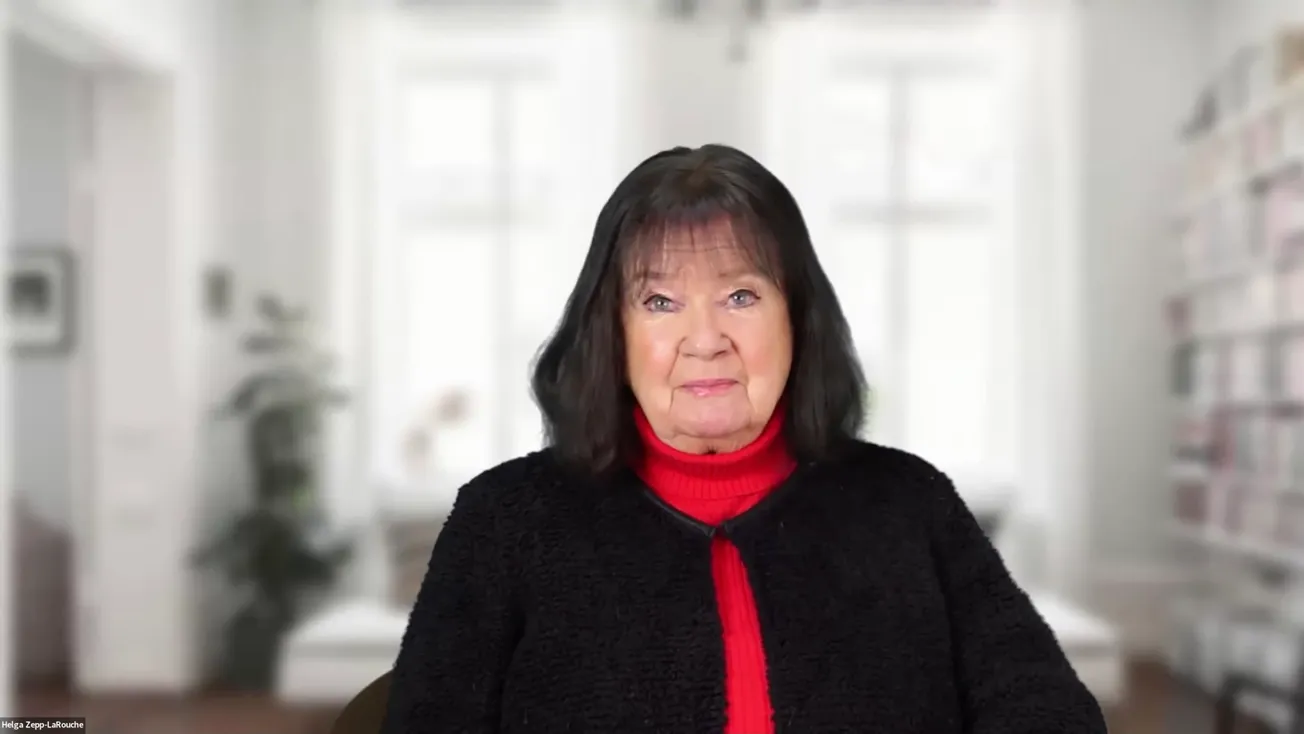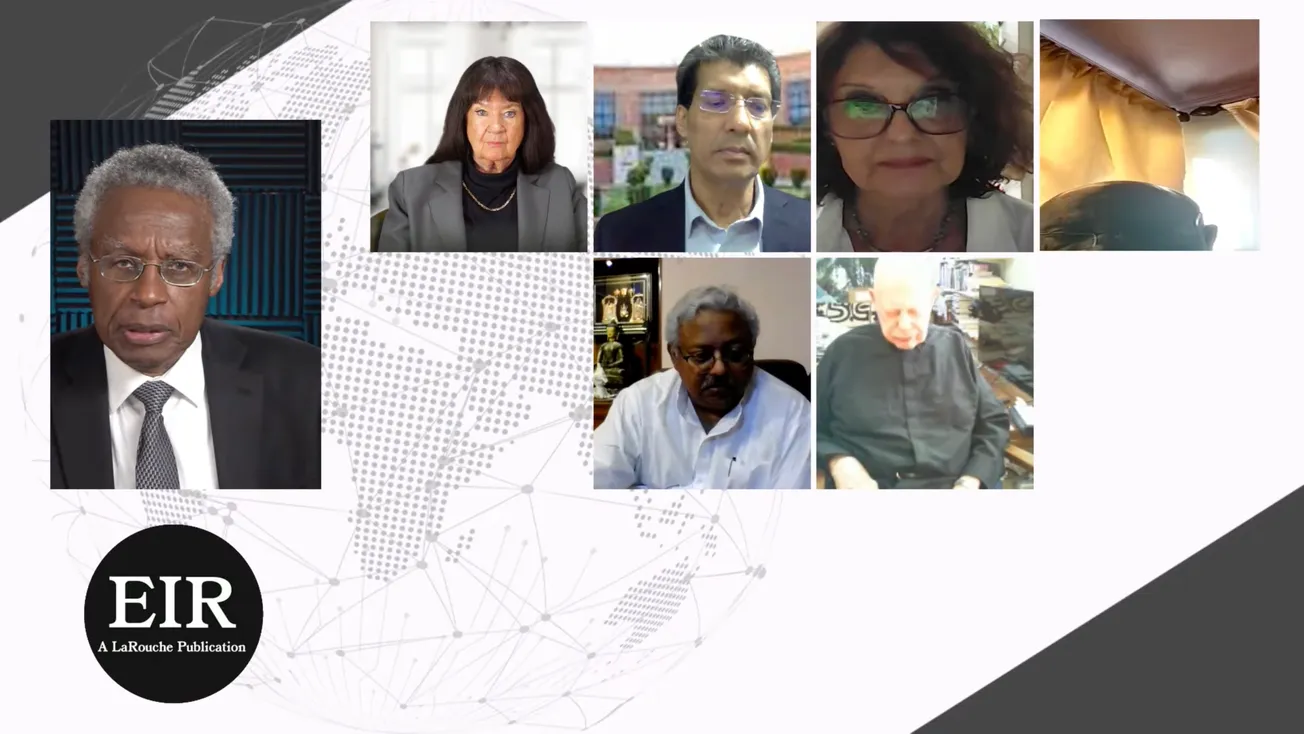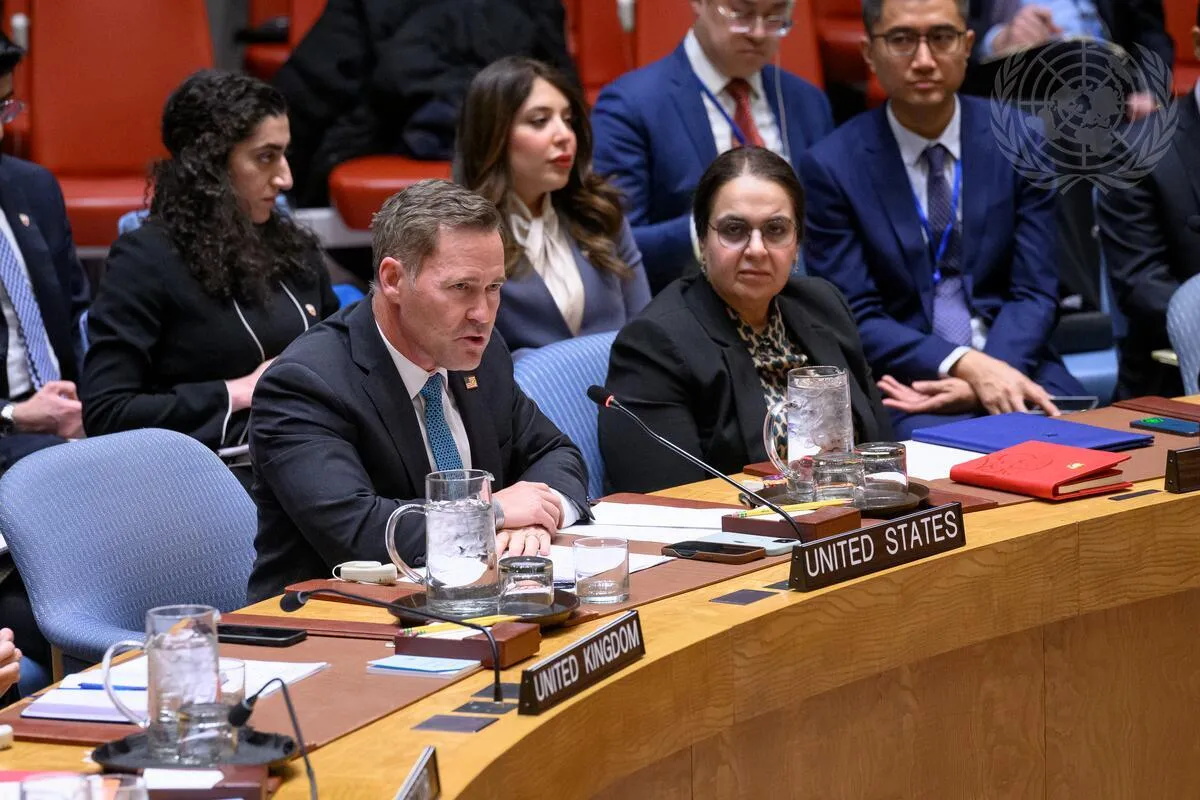Helga Zepp-LaRouche, the founder of the Schiller Institute and initiator of the International Peace Coalition, delivered the following opening remarks to her weekly webcast, in which she evaluated the world strategic situation in the aftermath of the Trump victory in the U.S. presidential election.
I think it’s definitely a moment of a break in a very tense strategic situation. Trump has promised to stop wars. Obviously, we have to see if the words are followed by deeds; but also Vance, his Vice President, said something similar. So, I would take the attitude that he’s a newly-elected President, and let’s see if he follows through with his promises.
Obviously, the key question is not only what he does inside the United States, but naturally the foreign policy is crucial. I think he will do something to bring the Ukraine war to an end; I think there is a potential for that, even if the Russians are very cautious, which is understandable given their point of view. But I think that potential exists. I am not so optimistic concerning Southwest Asia.
But I think the really crucial question is, what will be the attitude of the Trump administration to the efforts by the Global Majority to build a new economic system? I would just hope that there are enough voices internationally who show the potential. The initial reaction from the Chinese, from Mao Ning, the spokeswoman of the Foreign Ministry, was that the Chinese position is basically one of offering win-win cooperation. Given the fact that Xi Jinping already several years ago had offered to Obama that the Obama administration should cooperate with the BRICS and the Belt and Road Initiative—to which Obama reacted very negatively by putting out the Pivot to Asia instead. But that offer obviously still exists, and given the fact that the countries of Hungary and Slovakia—who are very interested in ending the Ukraine war, because it’s a neighboring country and it’s a terrible thing to have such a war in their neighborhood—are also on a very positive course with China. I think there is a potential to end the Ukraine war, and to build bridges.
I think the countries of the Global South which have proven in Kazan that they are definitely determined to move in the direction of a more just and equitable new world economic order, I think they also will see the opportunity. I could very well imagine that many of them are reaching out to the new Trump government to see if a positive attitude can be arranged. Now, that may be as it may be.
I can only say that our task—that of the LaRouche Organization, the Schiller Institute—basically is that we have to use the moment to really catapult the world situation into a new paradigm; a new security and development architecture. I have said this repeatedly, and it’s more true now than ever before, that if we do not overcome geopolitics—which is the Wolfowitz doctrine, which is the idea that even demands that the U.S. should remain the hegemon of the world forever. But also geopolitics, which is the idea that one nation or a group of nations have the right to impose their interests over other nations. That thinking has to go, especially in the time of thermonuclear weapons. I think we have to really use this present situation to try to move out of this present extremely dangerous zone.
How dangerous it is, is underlined by the fact that just hours before the election result was known, the United States launched a Minuteman ICBM missile test, which is nuclear-capable, to demonstrate the nuclear readiness of the United States. I think this just shows you that the mindset of the present administration is still in the old paradigm; and that is exactly where the problem is located.
So, I think the next period will be extremely dangerous. I think that the period until the inauguration of Trump remains one of utmost suspense and danger, and naturally even beyond that. But I think if one can hope that what Trump said he will do—naturally one has to watch very carefully what Cabinet he is putting together. If it’s people who will insist, as Trump himself said during the election campaign, that he wants to split the relationship between Russia and China—which I think has zero chance of happening, given the fact that the reason why these two countries have moved together so closely has everything to with the strategic dangers. So, I don’t think there is any chance to split these two countries; but it would be very unfortunate if the message coming from the new Trump administration would be that he indeed wants to go in that direction.
If, on the other side, there is a concerted effort to try to move the world into a better place—and that’s what our upcoming Schiller conference is all about; to establish a new security and development architecture which takes into account the interests of every single country in the tradition of the Peace of Westphalia—we are possibly on the verge of a completely new era. But it does require a lot of effort by a lot of people of good will.
So, I’m on the one side optimistic that something big can be done, but on the other side, it would be a fatal mistake to put down the alarms; because we are not out of the danger zone in the slightest. Therefore, I think it does still require a maximum mobilization of people who are fighting for peace.





